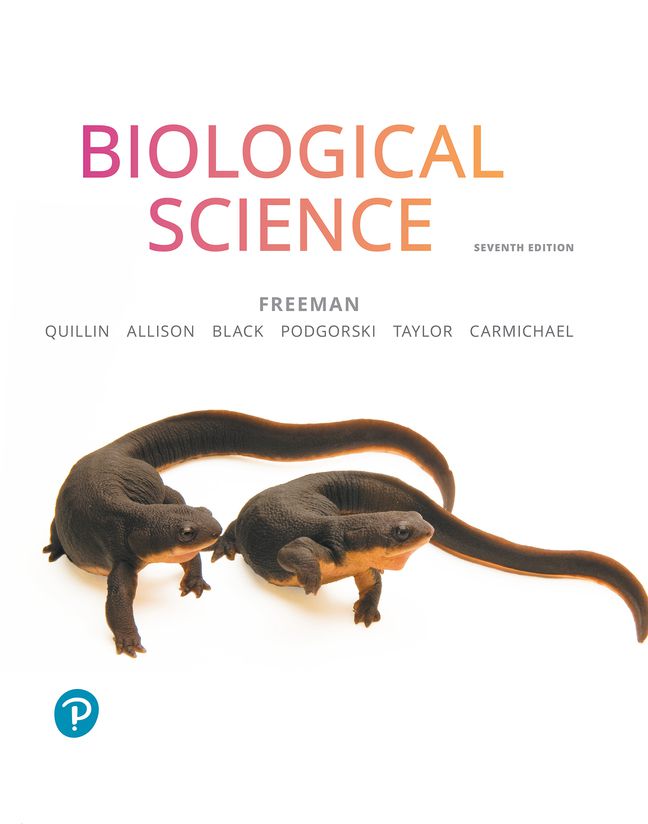Compared with mRNAs that have a cap and tail, predict what will be observed if a eukaryotic mRNA lacked a cap and poly(A) tail.
a. The primary transcript would not be processed properly.
b. Translation would occur inefficiently.
c. Enzymes on the ribosome would add a cap and poly(A) tail.
d. tRNAs would become more resistant to degradation.





